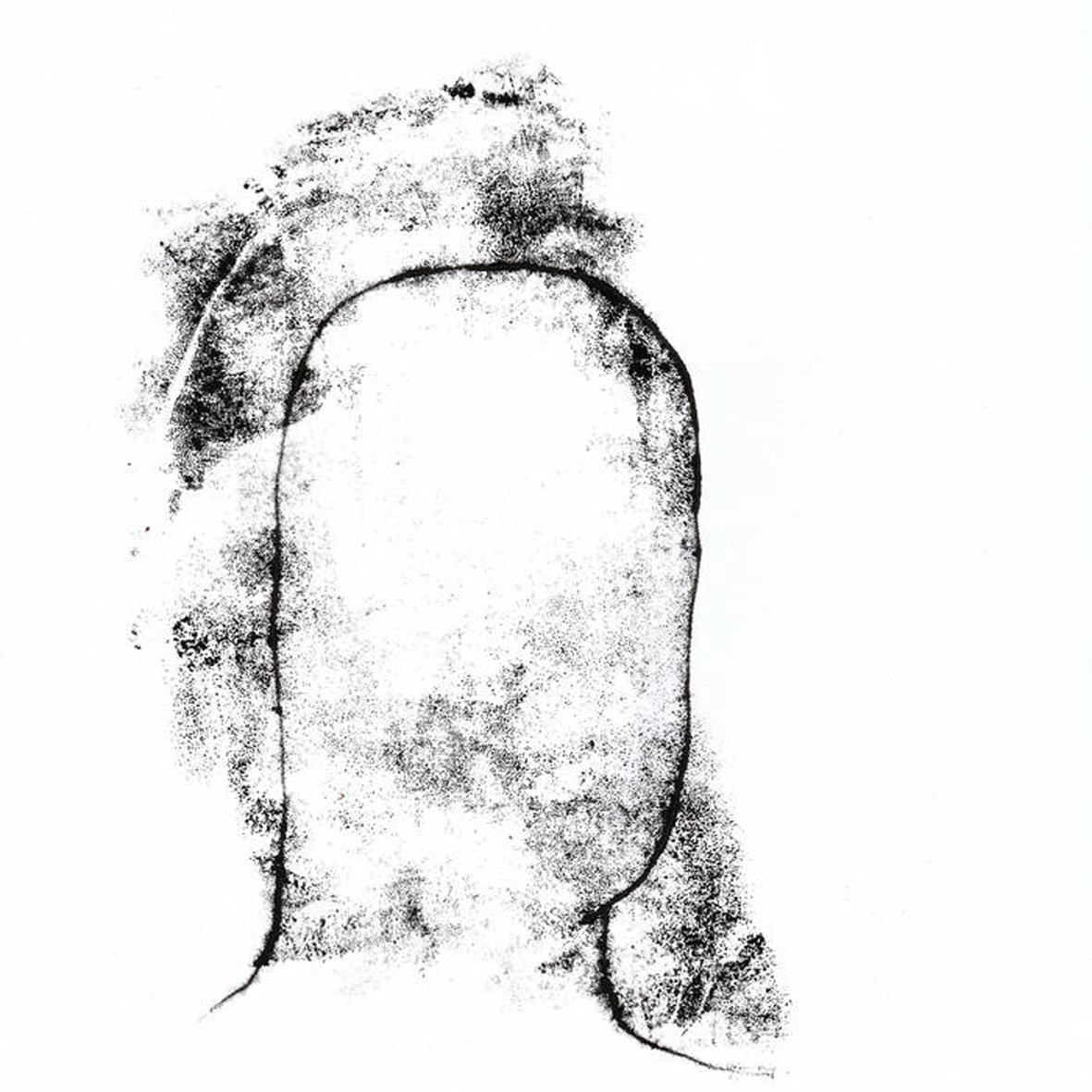 Recently given an much-needed reissue by Ecstatic, Circular Forms (2015) is Abul Mogard’s lone proper full-length album amidst a slow trickle of cassettes, splits, and compilation appearances. When I first heard it, I was admittedly a bit disappointed as it felt considerably less unique and revelatory than the earlier, more industrial-influenced pieces collected on Works. I have since warmed to it quite a bit, however, as "The Half-Light of Dawn" is an achingly beautiful masterpiece of simmering and haunted-sounding post-apocalyptic drone. Mogard also does a stellar job at channeling the cosmic dread of prime Tangerine Dream at one point. The rest of the album is quite enjoyable as well, but it sometimes has a bit of an uneven and transitional feel that reveals Mogard's influences and occupies more well-established aesthetic terrain than some of his iconoclastic earlier releases.
Recently given an much-needed reissue by Ecstatic, Circular Forms (2015) is Abul Mogard’s lone proper full-length album amidst a slow trickle of cassettes, splits, and compilation appearances. When I first heard it, I was admittedly a bit disappointed as it felt considerably less unique and revelatory than the earlier, more industrial-influenced pieces collected on Works. I have since warmed to it quite a bit, however, as "The Half-Light of Dawn" is an achingly beautiful masterpiece of simmering and haunted-sounding post-apocalyptic drone. Mogard also does a stellar job at channeling the cosmic dread of prime Tangerine Dream at one point. The rest of the album is quite enjoyable as well, but it sometimes has a bit of an uneven and transitional feel that reveals Mogard's influences and occupies more well-established aesthetic terrain than some of his iconoclastic earlier releases.
The album opens in somber and understated fashion with "Slate-Colored Storm," which is essentially just a murky and submerged-sounding melodic loop that languorously unfolds beneath a series of slow-motion washes of bleak synth chords.Naturally, that elegant simplicity suits the piece quite well, establishing a glacial momentum and darkly soulful foundation for Mogard's peripheral activities.In that regard, he proves to be an absolute sorcerer at controlling tension and ingeniously transforming textures, effectively erasing all trace of himself to create a vivid, powerful, and organically unfolding scene."Slate-Colored Storm" feels like time has slowed to an absolute crawl and a mournful and decayed tape loop is obsessively playing and re-playing the same broken melody as geysers of scorching lava erupt from the earth around it.There is nothing that feels like a man playing a synthesizer in that tableau at all, as everything feels ruined, corroded, decayed, and unreal in a profound way, as if the scene is playing out as a vision of the future that occurs long after Mogard has been reduced to dust.The following "Bound Universe," on the other hand, feels like a sincere homage to Tangerine Dream at their heaviest and most inhumanly futuristic, unfolding as a churning and dense synth juggernaut that surges relentlessly forward amidst a gnarled storm of rumbling drones and sizzling noise.Both pieces are legitimately wonderful.
The following "Half Light at Dawn" is the album's achingly gorgeous heart though, resembling a lush elegy for humanity composed by a heartbroken robot. I am truly awe-struck by the intensity of emotion that Mogard is able to wring out of circuits and wires, as "Dawn" is a moaning, whimpering, and undulating feast of bleary melodies and deep, sizzling washes of chords amidst an otherworldly haze of ghostly afterimages and flickering spectres.It is absolutely pitch-perfect in every way, slowly and wearily accumulating immense power through slow-burning repetition before quietly disappearing once more into silence.I would be hard-pressed to imagine anything that could satisfyingly follow such a sublime and crushingly beautiful piece, but Mogard gamely tries by closing the album with the epic "House on the River" (at nearly 17-minutes, it is roughly as long as everything that came before it combined).Lamentably, it is my least favorite piece on the album, yet Mogard is still operating on quite a high plane–even his less-inspired work offers some understated and singular delights.For the most part though, "House on the River" is merely a decent bit of slow-moving synth drone, as a succession of billowing chords steadily flows forward with minimal variation or evolution.Buried in the depths, however, lies a single nagging note that keeps endlessly (if faintly) pulsing beneath it all, imbuing an otherwise straightforward piece with the sense that it is merely a veil concealing something more elemental and mysterious.Sadly, that veil never lifts, but it is significant that even Mogard's rare forays into well-traveled territory hint at being something far more than that.
It would certainly be reasonable to describe Circular Forms as Mogard's ambient album, but it represents more of a shift and expansion in focus than a radical transformation.This vein has always run through Mogard's work, so the most significant advance was merely that he decided to release an entire album devoted to his more slow-moving and meditative side.At this stage in his career, however, Mogard's meditative side was still quite an eerily bleak and haunting place to be, evoking the Zen-like calm of the last human gazing sadly at a scorched and ravaged landscape (he has brightened his tone considerably since).There is a lonely beauty mingled with deep sadness here, yet the best moments of Circular Forms burrow deep enough to achieve something of a transcendent rapture.That latter part is crucial, as Mogard's work is not oppressively sad at all–the path to heaven just happens to be unexpectedly dark one.
Read More

